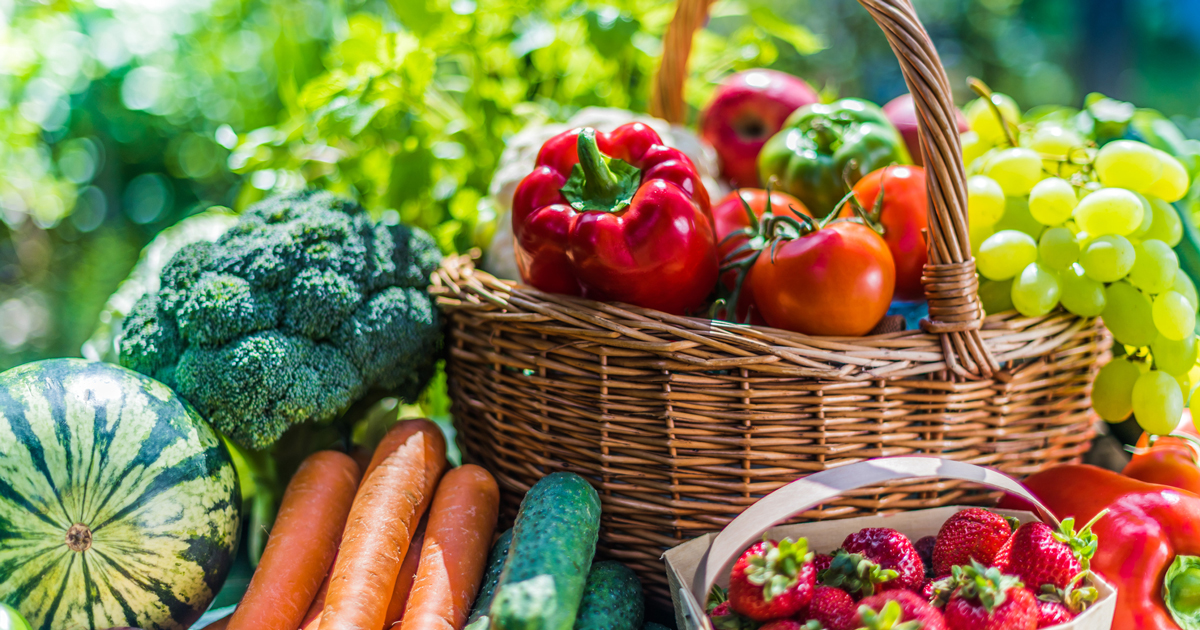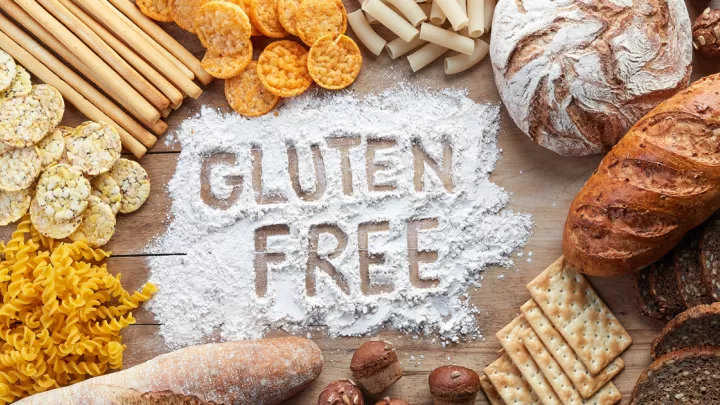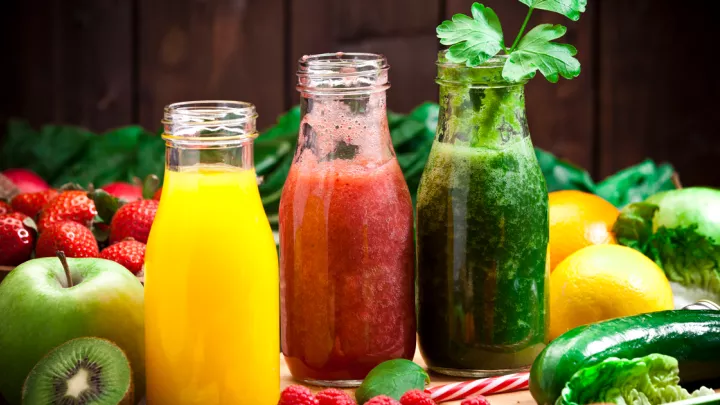How healthy are fresh, frozen or canned vegetables and fruit?

This article provided by Julia Dirkse, graduate student in medical nutrition.
Fruits and vegetables are good for our health, but is there one type that is best?
Frozen and canned produce carries a stigma, but these types of produce do have benefits. For one thing, they're usually cheaper than fresh foods. For another, they keep longer in the freezer or cupboard, while fresh produce can spoil.
What's the cost difference?
- Fresh corn: $0.25 per serving
- Frozen corn: $0.27 per serving
- Canned corn: $0.16 per serving
Frozen fruits and vegetables
Frozen produce is picked at its ripest point and packaged quickly after to maintain freshness. Freezing food inactivates bacteria that could cause a foodborne illness. When frozen produce is thawed, however, bacteria again grow at a normal rate. Use thawed foods within three days.
Fresh fruit and vegetables
Fresh fruits and vegetables are usually harvested and put directly into retail containers. Distributors refrain from washing produce because this results in a faster decaying process. As a result, it is very important to wash fresh fruits and vegetables in cool water right before eating them to remove any contaminants.
Canned fruits and vegetables
Canned produce is also picked when ripe and canned shortly after harvest. The FDA regulates the safety of canned foods to reduce contaminants that lead to foodborne illnesses. This includes regulating the canning process through acidity, water content, how hot and how long cans are heated to kill off germs and preserve the food inside. Select fruits canned in 100% fruit juice or water to reduce your daily added sugar intake. You can rinse canned vegetables to decrease the salt.
The takeaway: Produce provides us with great cancer-fighting vitamins and minerals no matter how you buy it. Frozen and canned can be better for the immune system and cheaper than fresh produce.
Tips for picking the best produce for you
- The American Institute for Cancer Research recommends 3½ to 5 cups of fruits and vegetables each day for overall health and to lower cancer risk
- Canned fruit and vegetables are less costly, but may have more sodium and added sugar. Check the nutrition labels to reduce daily intake of added sugars
- Food safety is most important for those who have a low immune system and canned and frozen vegetables have fewer bacteria
- Talk to your doctor or dietitian to see what types of produce they recommend
Nutrition for cancer survivors
If you're a cancer survivor, be aware of how certain foods can impact the immune system. Cancer treatments can weaken your immune system, making it easier to catch a foodborne illness. Food safety is important during and after the treatment of cancer for this reason. You might tolerate canned produce better while you're going through treatment.
Nutrition is an important part of survivorship care. Anyone who has been treated for cancer with Nebraska Medicine can have an outpatient visit with a registered dietitian nutritionist.
To schedule a consultation, talk to your doctor or nurse case manager and ask for a referral. Once we have received the referral, one of our schedulers will call you to set up a visit in person or by phone.







